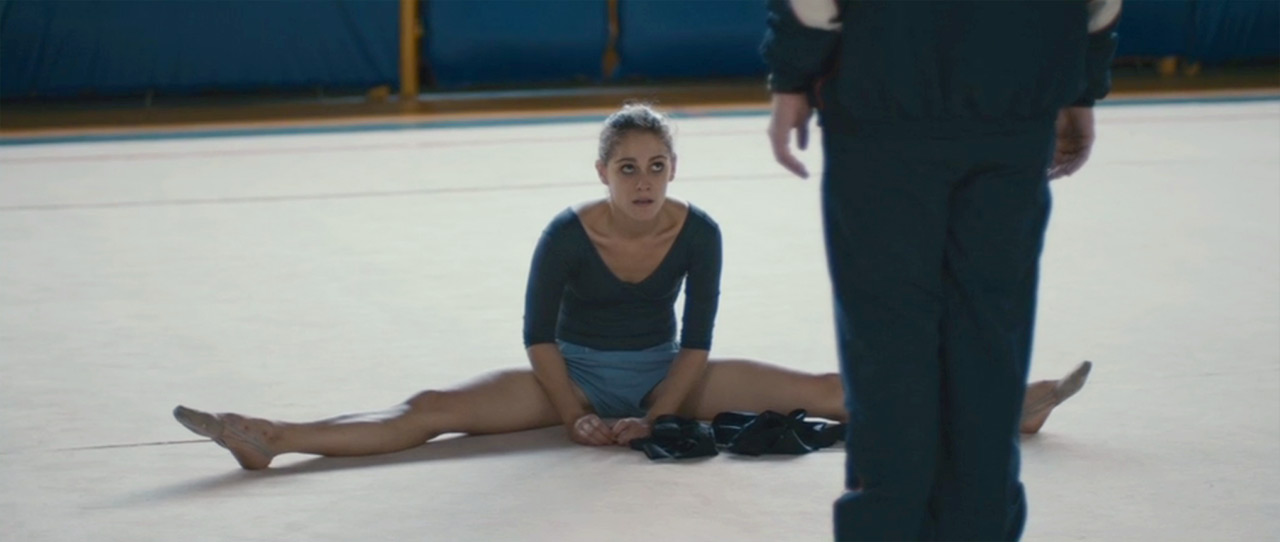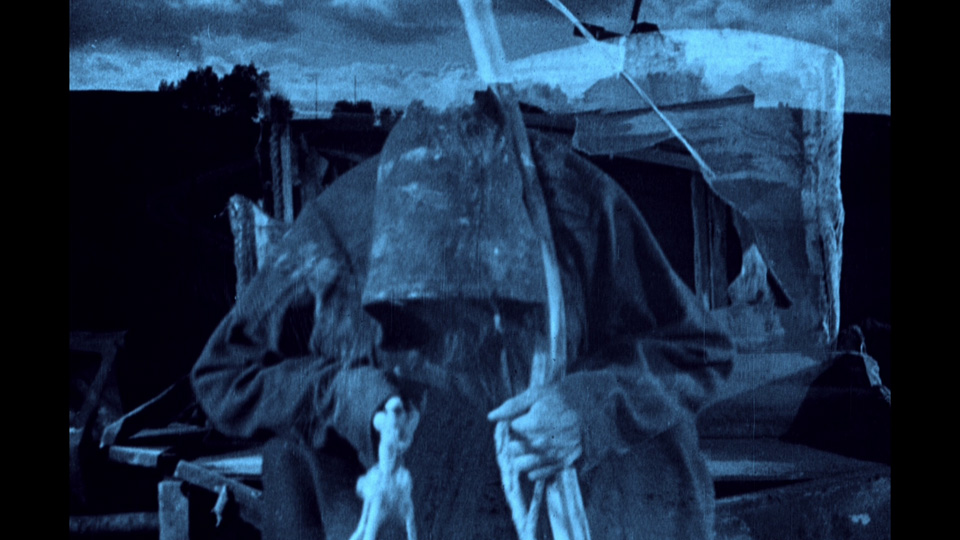Sunshine Cleaning
 I stared at a blank screen for a long time before I started typing this review, mainly because it was hard to think of how much I could possibly say about Sunshine Cleaning that would make it sound any different from or more substantial than the hundreds of other quirky American indie dramatic comedies and comedic dramas that clog the festival circuit each year. And it’s true this sounds deadly precious on paper. It’s the story of a single mom, dreams dashed, who’s having a tough time making ends meet while taking care of her impulsive, socially awkward son and keeping tabs on her lovably dotty father. She eventually pools resources with her sister to start a business dealing in death, which leads to a whole new perspective on life. It all sounds pretty banal. And then I had a realization: It’s the performances, dummy.
I stared at a blank screen for a long time before I started typing this review, mainly because it was hard to think of how much I could possibly say about Sunshine Cleaning that would make it sound any different from or more substantial than the hundreds of other quirky American indie dramatic comedies and comedic dramas that clog the festival circuit each year. And it’s true this sounds deadly precious on paper. It’s the story of a single mom, dreams dashed, who’s having a tough time making ends meet while taking care of her impulsive, socially awkward son and keeping tabs on her lovably dotty father. She eventually pools resources with her sister to start a business dealing in death, which leads to a whole new perspective on life. It all sounds pretty banal. And then I had a realization: It’s the performances, dummy.
Megan Holley’s screenplay covers well-trod territory, but Sunshine Cleaning rises on the strength of its two leads, Amy Adams and Emily Blunt. I’ve been a fan of the deadpan Blunt ever since seeing her as the off-puttingly snooty, openly sexy Tamsin in My Summer of Love, but this film marks my belated conversion to the Adams camp. I’ve always thought of Adams as pretty and funny, but not sensationally so, and she certainly is both of those here. She’s also, in films like Enchanted and Junebug, awfully mild, playing characters who are buffeted around in the wind rather than charting their own course. So it’s fortunate that the script here gives some nuance to her trademark guilelessness.
Her character, Rose Lorkowski, has a bit of the wide-eyed ingénue about her, for sure—when we first see her, clad in a simple pink housekeeper’s uniform, she’s staring off wistfully into the distance past the camera, as if looking for rainbows. But there are layers. For one, we quickly learn that Rose is a wannabe homewrecker, regularly screwing the same quarterback (now married with children) that she used to date in high school. At this point, Rose is an unhappy, delusional, and not exactly virtuous woman, but Adams makes it easy to invest in the idea of her happy ending. What she’s portraying is an emergence from helplessness.
Adams spends so much of her screen time in the first couple of reels wearing only girly undergarments that it underscores the visceral nature of the trade she begins to ply in a bid to get out from under it all. (Her son, who has lately been licking his teacher’s leg, really needs to be transferred out of the public school system.) Recruiting her newly—and, one gets the sense, perennially—unemployed sister Norah as her partner in crime-scene clean-up, she goes into the biohazard-disposal business.
Watching an advance screening, I had no idea this was the film’s high concept, and I’d be tempted to treat it as a secret if I didn’t know that it’s being given away in every last single-sentence synopsis of the picture. It’s a gimmick, but it put a smile on my face. To think of this shrinking flower of a woman breaking out of her comfort zone of cleaning houses for the well-off ladies of Albuquerque and spouting platitudes at herself in the bathroom mirror to start scrubbing bits of brain and bone matter out of carpets and curtains—well, it’s a vivid paean to the idea of getting the job done.
To this central story thread, Holley has grafted too much in the way of whimsy and cliché for my tastes, including the kind-hearted single guy who’s good with kids, the borderline-maudlin notion that an old truck’s C.B. radio might function as a hotline to the hereafter, and the convenient device of the girls’ beat-down but wise daddy, Joe, who spends the film trying to make a buck hawking candies and shrimps (strictly speaking, it’s not Holley’s fault that he’s played by Alan Arkin, who delivers a sleepy but overly familiar variant on his character from Little Miss Sunshine). But there’s enough real feeling to strike a balance.
I imagine director Christine Jeffs, whose most recent film was of all things a Sylvia Plath biopic, must have found herself attracted to material that struggled to find the humor and goodness in a world full of pain, resentment, and suicides. All of these characters, it turns out, have tragedy in their past, and what they have to live with is the knowledge that their pain continues to define who they are; they can’t help it. But I keep thinking back to the film’s sometimes quite funny signature scenes, in which Rose and Norah find themselves bonding over awful human messes—the lives of others, still sticky with blood and fresh with maggots. It points, perhaps, to the film’s real lesson: Buck up, Chester. Things could always be just that much worse.

